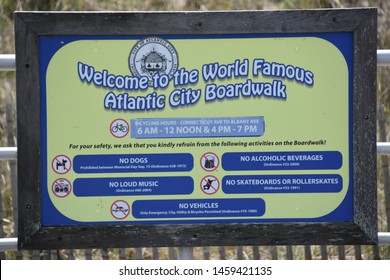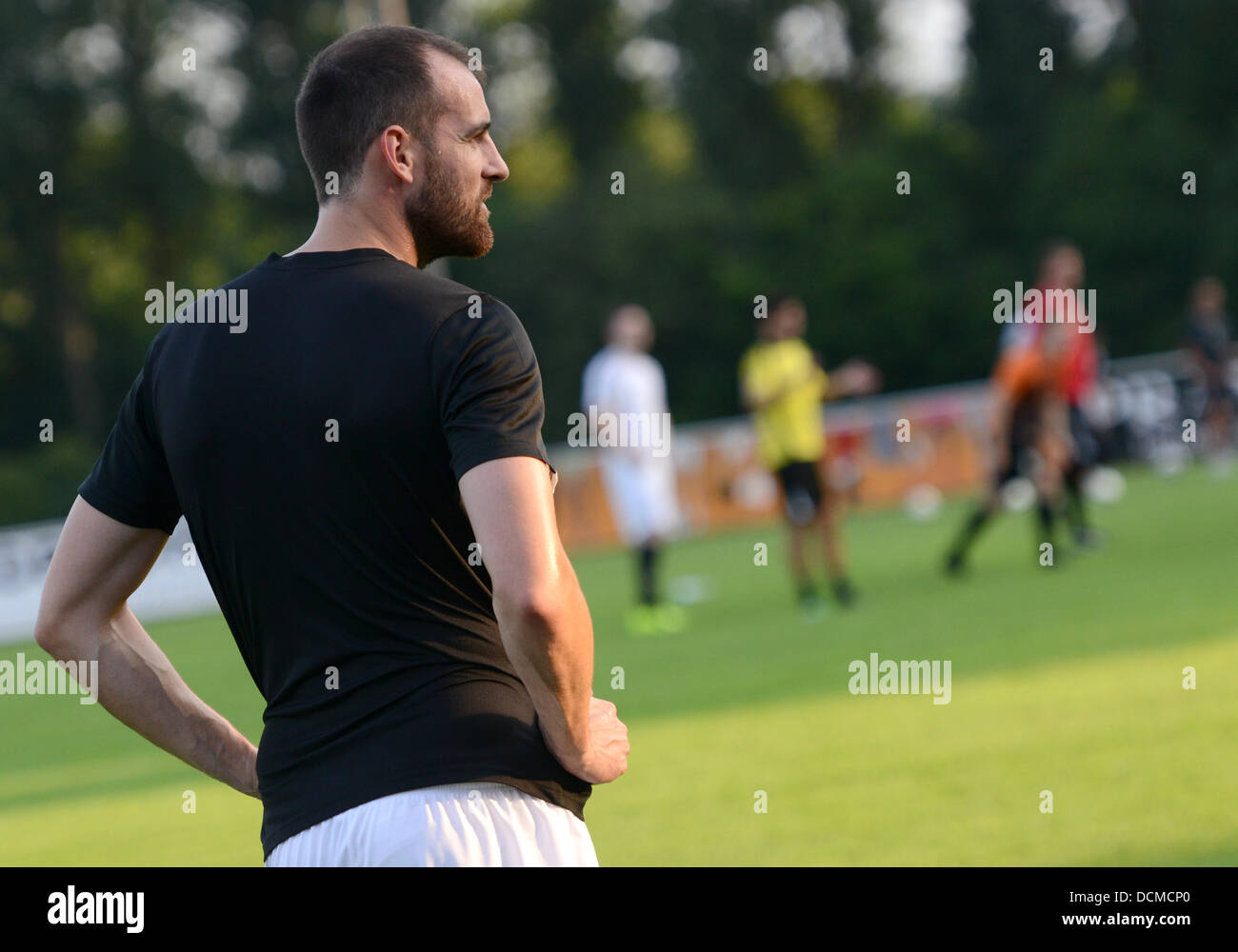Haltern am See (Haltern at the lake, before December 2001 only Haltern) is a town and a municipality in the district of Recklinghausen, in North Rhine-Westphalia, Germany. It is situated on the Lippe and the Wesel–Datteln Canal, approx. 15 kilometres (9 miles) north of Recklinghausen. E-Mail Adresse.
Alexander Lebenstein (November 3, 1927 – 28 January 2010) was a German-American Holocaust survivor. He was the sole surviving Jew in the Shoah from Haltern am See. The Alexander-Lebenstein junior high school in his hometown is named after him.
- 1Life
Life[edit]
Childhood[edit]
He was born on November 3, 1927, at the family home Disselhof 36 in Haltern and experienced in his own words, a sheltered childhood until age 11. His mother, Lottie Joseph from Jever, Oldenburg, and his father, Nathan Lebenstein, operated cattle trade and kosher and non-kosher butcher shop. His father had served in World War I for the German army. Alexander had three older sisters; one of them died in 1932, the other two emigrated in 1939 in the United States.
National Socialism[edit]

During Kristallnacht in 1938 his family was hiding; shortly after Lebenstein and his family were brought to a Jewish house in Haltern. In January 1942 they came to the warehouse (former exhibition hall on the 'Wildenbruchplatz') to Gelsenkirchen. From there they were deported to Riga, where his father fell seriously ill and was soon killed by SS troops.
In spring of 1942 he became separated from his mother and shipped to Lithuania. When he returned in the fall, his mother was gone. After the war, he found out that she had been shot in a forest near Riga, and was buried.[1] After that Lebenstein was in several labor camps and was finally brought with a ferry to the Stutthof concentration camp in Gdańsk.
When in 1945 the Russians liberated the camp, he was sent in a hospital in Gdańsk because of his bad health condition. He fled with two men via Frankfurt (Oder) to Berlin, because they refused to join the Red Army. They were not welcome even by the Americans because the Russians had been looking after them. This is why Lebenstein went back to his birthplace Haltern, where he was compelled to leave the city again. He was denied German citizenship and came to Deggendorf (Bavaria) in a DP camp.
Emigration to the USA[edit]
There, everyone wanted to emigrate to Israel, but his sister (who had already emigrated in 1939) advised him to come to her to the United States. In January 1947 he came to Richmond, Virginia.
Here too, no one wanted anything to do with him, because it was said: 'A boy who has survived several concentration camps – that does not exist!'.[by whom?] For this reason he moved to New York where he opened a supermarket. He married in 1948 and had two sons.
Haltern Germany
Working memory[edit]
In 1994 Lebenstein flew back to Germany for the first time. Two students from Haltern had written him a letter saying that they just learned about the Holocaust in the classroom. After initially rejecting their offer, he was convinced by his family to come to his German hometown. This visit completely changed the life of Alexander Lebenstein and soon after he started publicly speaking – in churches, schools, libraries and at the Virginia Holocaust Museum – about his life and his terrible experiences. The cattle car in front of the Virginia Holocaust Museum is a place for quiet remembrance. Erwin Kirschenbaum, a German schoolmate of Lebenstein's provided the cattle car as part of a school project.
In order for his tireless memorial work to be continued even after death, he founded the “Alexander Lebenstein Fund for Tolerance and Human Rights'.
On 9 November 2009, a documentary called 'Kristallnacht and Beyond', was presented at the Virginia Holocaust Museum. This movie shows Alexander at one of his later visits to his hometown of Haltern am See.
Until his death on 28 January 2010, Lebenstein lived near Richmond, Virginia. He died at the age of 82 years in the same city.[2]
Honours[edit]
- In 2003 he took over the sponsorship for the school in Haltern am See, now called the Alexander-Lebenstein-Junior-high-school.
- On June 5, 2008, he was awarded for his engagement for the honorary citizenship of the city Haltern am See.
Foundation[edit]
The Alexander-Lebenstein-school was considered in the estate of its namesake with $30,000. Together with donations and grants that money was transferred (as earmarked named funds) within the Community Foundation 'Halterns for Halterns.' Its purpose is the promotion 'of particularly sustained, long-term projects, activities and initiatives that contribute to overcome discrimination and racism, recurring project days to commemorate the events of the Holocaust, initiatives that contribute to the understanding of all people and cultures and promote awareness of tolerance, a life of mutual respect and dignity.[3][4]
Literature[edit]
- With the help of the author Don Alexander Levin, Alexander Lebenstein published in 2008 his autobiography under the title The Gazebo in the USA.,[5][6]ISBN1-4389-3172-7
References[edit]
- ^Haltern ist jetzt offiziell Mitglied des Riga-Komitees, Halterner Zeitung, 27. Januar 2010
- ^Alexander Lebenstein gestorben, Der Westen, 28. Januar 2010
- ^Auszug aus der Satzung der Alexander-Lebenstein-Stiftung
- ^Interview mit Michael Weiland, Schulleiter und Stiftungs-Beirat
- ^RuhrNachichten-Artikel vom 6. Februar 2009: Lebenstein-Biographie 'The Gazebo' auf Englisch erschienen
- ^Webseite zum Buch (Englisch)
External links[edit]
- Lebenslauf Alexander Lebenstein (deutsch und englisch)
- Interview mit Alexander Lebenstein durch den Gedenkdienst, 2001
- Ausstellungshalle Wildenbruchplatz in Gelsenkirchen
New town hall | |
Location of Haltern am See within Recklinghausen district | |
| Coordinates: 51°45′N7°11′E / 51.750°N 7.183°ECoordinates: 51°45′N7°11′E / 51.750°N 7.183°E | |
| Country | Germany |
|---|---|
| State | North Rhine-Westphalia |
| Admin. region | Münster |
| District | Recklinghausen |
| Government | |
| • Mayor | Bodo Klimpel (CDU) |
| Area | |
| • Total | 158.34 km2 (61.14 sq mi) |
| Elevation | 40 m (130 ft) |
| Population (2018-12-31)[1] | |
| • Total | 38,013 |
| • Density | 240/km2 (620/sq mi) |
| Time zone | CET/CEST (UTC+1/+2) |
| Postal codes | |
| Dialling codes | 02364 (Haltern am See), 02360 (Lippramsdorf) |
| Vehicle registration | RE |
| Website | www.haltern-am-see.de |
Haltern am See (Haltern at the lake, before December 2001 only Haltern) is a town and a municipality in the district of Recklinghausen, in North Rhine-Westphalia, Germany. It is situated on the Lippe and the Wesel–Datteln Canal, approx. 15 kilometres (9 miles) north of Recklinghausen.
The town is about 80 kilometres (50 mi) north of Düsseldorf.[2]
History[edit]
Former Halteren was founded on February 3rd in 1289. They received the town charter by the prince-bishop of Münster, Everhard von Dienstag.
During Kristallnacht (1938), the town's synagogue, Jewish cemetery and the houses and shops belonging to the town's Jews were vandalised. Jews were deported to concentration camps, the last five of whom were deported in January 1942.[3] Only one of the town's Jews survived the Holocaust: Alexander Lebenstein, after whom a school is named.
In March 2015, the town received international attention when 16 students and two teachers from the Joseph-König-Gymnasium in Haltern, were killed in the Germanwings Flight 9525 crash in the French Alps. They were on their way home from a student exchange with the Giola Institute in Llinars del Vallès, Catalonia, Spain.[4] Haltern's mayor, Bodo Klimpel, described it as 'the darkest day in the history of our city.'[5]
Gallery[edit]
Church
Former town hall
Tower: der Siebenteufelsturm
Notable people[edit]
- Benedikt Höwedes, footballer for Juventus F.C. and Germany, was born in the city
- Joseph König (1843-1930), chemist, after whom the Joseph-König-Gymnasium is named, was born in Lavesum in Haltern
- Alexander Lebenstein, Holocaust survivor, after whom the Alexander-Lebenstein-Realschule is named, was born in Haltern
- Christoph Metzelder, former footballer for Borussia Dortmund and Schalke 04, was born in the city
- Bodo Klimpel, current mayor of Haltern am See, was born in Rourkela, State of Odisha, India
- Luba Goy, German-Canadian actress and comedian, was born in Haltern in 1945 and emigrated to Canada with her parents in 1951.
International relations[edit]
Haltern is twinned with:[6]
- Roost-Warendin, France
- Sankt Veit an der Glan, Austria
References[edit]
- ^'Bevölkerung der Gemeinden Nordrhein-Westfalens am 31. Dezember 2018' (in German). Landesbetrieb Information und Technik NRW. Retrieved 10 July 2019.
- ^Botelho, Greg and Catherine Shoichet. 'Germanwings crash: Students, singers among the victims' (Archive). CNN. March 24, 2015. Retrieved on March 26, 2015.
- ^Spector, Shmuel & Vigoder, Geoffrey (eds.). The Encyclopedia of Jewish Life Before and During the Holocaust: A-J. p. 485.CS1 maint: multiple names: authors list (link) CS1 maint: extra text: authors list (link)
- ^'Germanwings A320 Crash Victims Include 15 German Schoolchildren, Local Media Reports'. International Business Times. 24 March 2015. Retrieved 24 March 2015.
- ^'16 schoolchildren believed to be aboard Germanwings plane that crashed in Alps'. Yahoo News. 24 March 2015. Retrieved 24 March 2015.
- ^'Partnerstädte'. haltern-am-see.de (in German). Haltern am See. Retrieved 2019-12-03.
External links[edit]
Haltern Am See Germany
| Wikimedia Commons has media related to Haltern am See. |
Casino World Haltern Am See Pictures

Comments are closed.